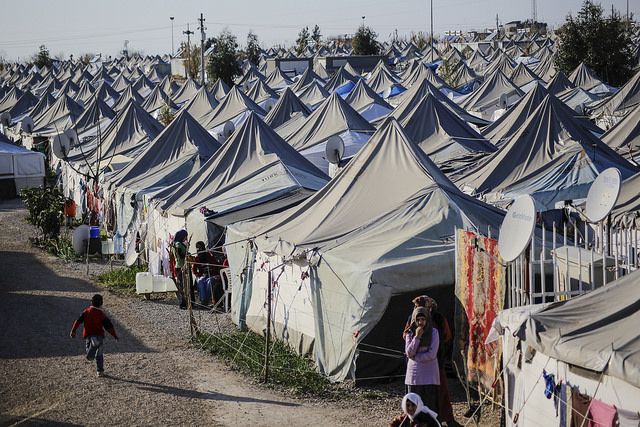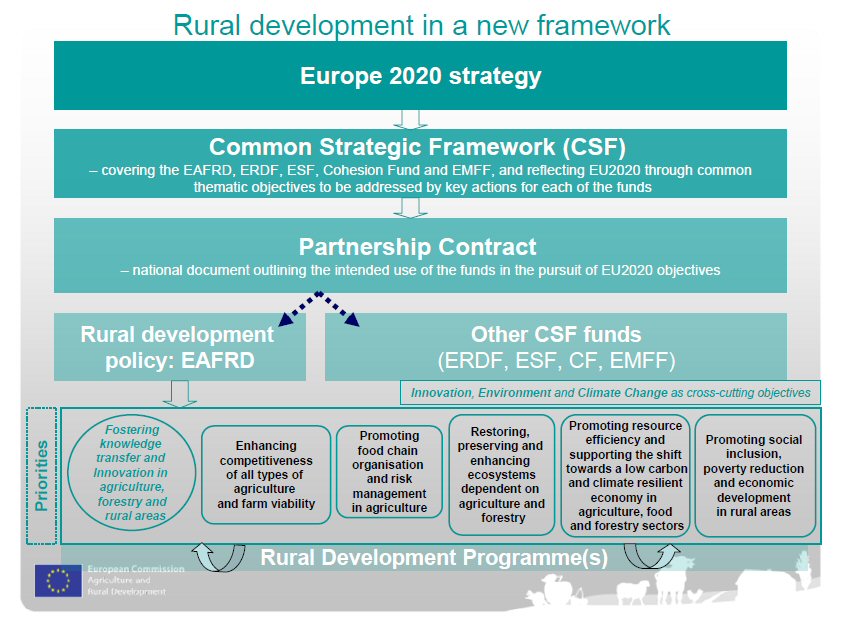This post reproduces my key-note statement to the session More efficient use of scarce financial resources – An efficient Common Agriculture Policy and focussed structural Funds at the European Political Strategy Centre High Level Conference ‘Shaping our Future: Designing the next Multiannual Financial Framework’ which was held 8-9 January 2018 in Brussels. The delivered version was slightly abbreviated for time reasons.
The session was intended to reflect on more efficient use of scarce financial resources in the EU budget’s two largest spending categories – agricultural policy and structural funds. I expected my fellow panellists to have a lot to say about structural funds, so my presentation focused on agricultural policy.… Read the rest





